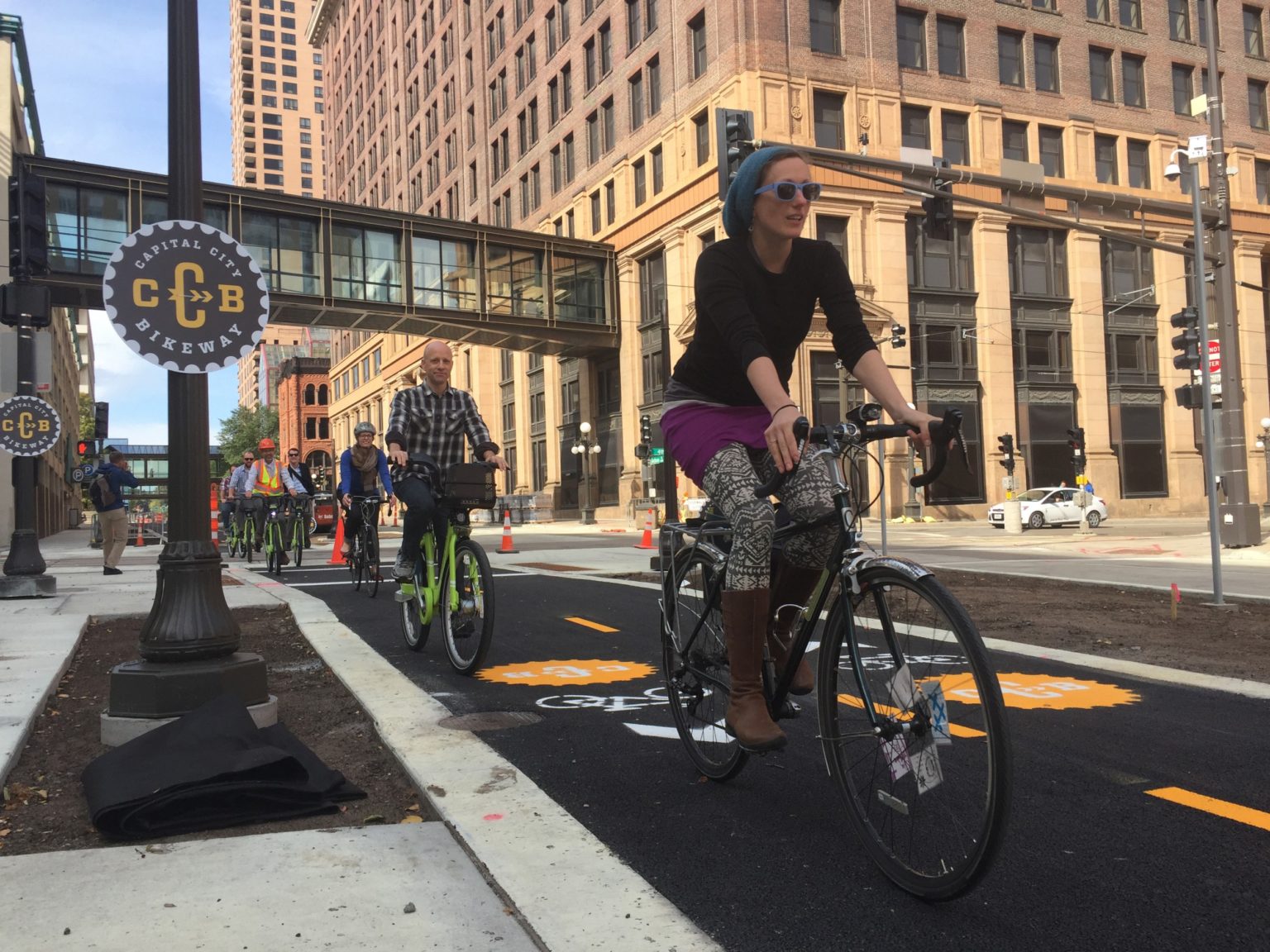
An organization’s relationship with the community can make or break a project. Whether you are entering a new neighborhood, building a new development, or exploring new public policy or a change to an existing one, understanding your reputation within a community, engaging with key stakeholders early on, and building trust from the outset is critical to success.
So, how do you know if your project could benefit from community engagement, and how do you do it? In this two-part series, we’ll explore ways to assess your community engagement needs and how to authentically connect with your audiences. We’ll start with some key questions to help evaluate your project from a community lens.
About your project
Most development projects will impact the community in some way, from changing the visual aesthetic of the streetscape to bringing new visitors and clientele to the area. Think about all the ways your project could positively or negatively impact how people experience the neighborhood. For example, a bike shop opening in a main street business district brings a new resource and amenity for the surrounding community, but could also change the area’s multimodal traffic patterns. Engaging with the community can help you build excitement for the positive changes while mitigating concerns about others.
- Will your project impact the surrounding community in any way?
- Are you the first of your kind in the neighborhood?
- Will you be requesting public dollars? Has money been raised or donated for this project?
- Does your project trigger any local approval processes (e.g., zoning, conditional use permits, etc.)?
About your community
It’s important to form strong community relationships before you have a major project on the horizon. If you already have a project underway, outreach to affected stakeholders before public proceedings begin is one way to avoid a major crisis down the road. The earlier you connect with community members and potential critics, the better you can address concerns, make any changes early in the process, and prevent negative attention and messaging around your project.
- How active and engaged are your neighbors and community groups? Where do they get their information (local Facebook or NextDoor group, neighborhood newspaper, etc.)?
- How are people finding out about your project?
- Are there areas where you would welcome input from outside voices? If so, what public-facing elements can be influenced?
About your organization
Taking stock of your own reputation and outside perspectives of your organization is a great way to assess your community engagement needs. Strong relationships and supporters in the community can help you weather any backlash – especially if your organization or industry is misunderstood.
- What’s your reputation with affected audiences?
- Do you have existing relationships in this community or neighborhood?
- Who are the trusted community voices who can help you reach important stakeholders?
As you consider these questions, know that Goff Public can be a resource. We regularly help clients meaningfully connect with a diverse range of communities on everything from public policy initiatives to transportation projects to comprehensive planning.
Community engagement can take many forms. From one-on-one meetings to large-scale public events, we work with clients to design strategies that fit their organizational culture and help them reach important audiences. We’ll talk about some creative strategies for authentic community engagement in next month’s edition – stay tuned!
